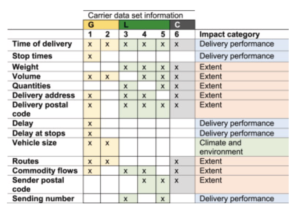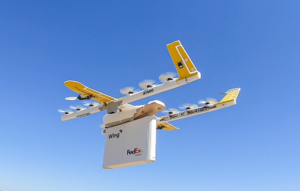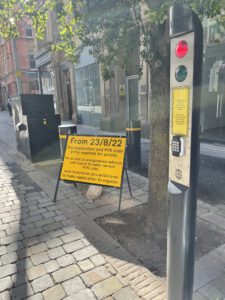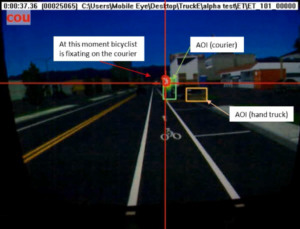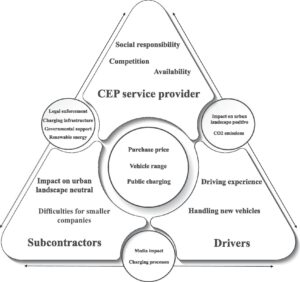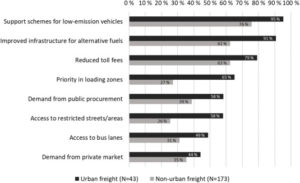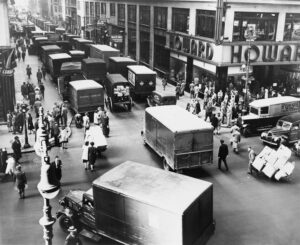How can e-groceries be made a profitable business model?
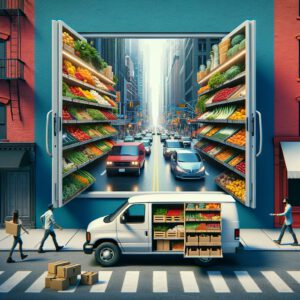
Once more, Dutch online food delivery companies, namely Crisp, Jumbo, Getir, and Picnic, are grappling with substantial financial setbacks, further compounded by the recent closure of Dutch Pieter Pot. These financial challenges extend beyond mere teething problems associated with growth. In addition, the escalating minimum wages and the augmented expenses related to light electric vehicles …

